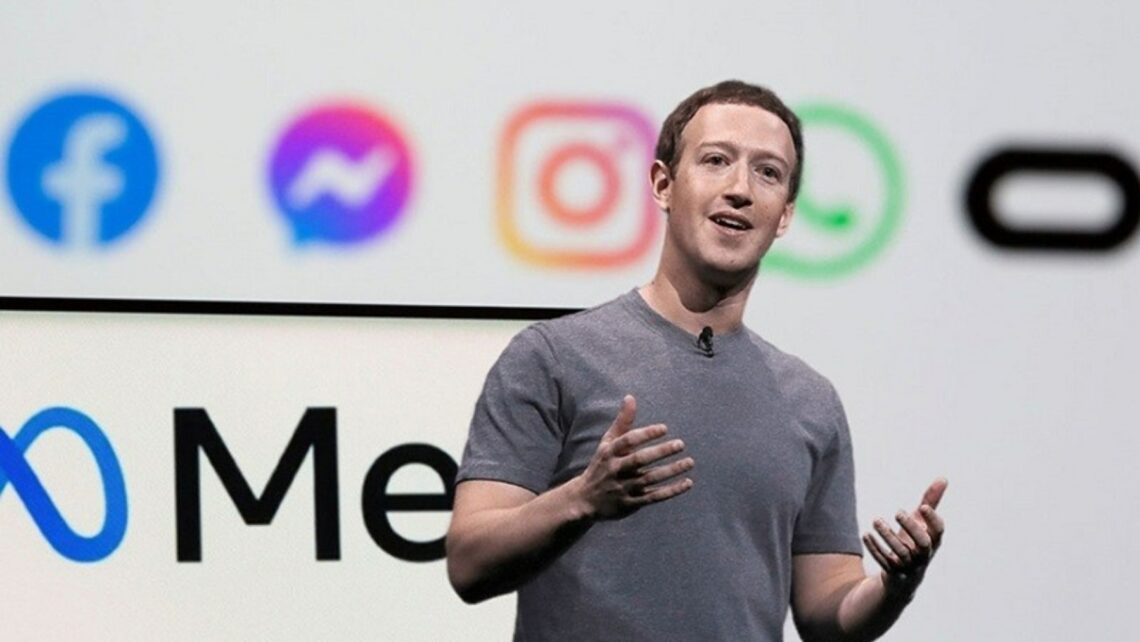adverts
Meta, the tech empire built by Mark Zuckerberg, is facing one of its biggest legal threats yet — and the consequences could reshape the social media landscape as we know it.
The U.S. Federal Trade Commission (FTC) has reignited its antitrust lawsuit against Meta, alleging that the company acquired Instagram and WhatsApp not to innovate but to eliminate potential rivals and cement its dominance. If the court rules in the FTC’s favour, Meta could be forced to divest both platforms — a historic move that would mark a massive blow to Zuckerberg’s empire.
Meta (then Facebook) bought Instagram in 2012 and WhatsApp in 2014 — acquisitions that were approved at the time. But now, the FTC is looking to reverse that approval, saying that Meta’s real intention was to “neutralise” competition.
adverts
The evidence? Internal emails from 2012, where Zuckerberg allegedly discussed the rapid rise of Instagram and implied it was safer to buy than to compete. These messages, which the FTC cites as the cornerstone of its case, suggest that Meta aimed to monopolise the social media space by swallowing up threats.
Meta isn’t denying it bought the apps — but it firmly rejects the claim that those moves were anti-competitive. The company argues that today’s market is anything but monopolised, citing fierce competition from TikTok, YouTube, and X (formerly Twitter).
Zuckerberg even claimed in court that Instagram was bought for its camera features, not its growing user base. But those 2012 emails could paint a different picture, and that discrepancy is at the heart of the FTC’s challenge.
If the court rules against Meta, the company could be forced to spin off Instagram and WhatsApp. While day-to-day user experience might not change immediately, experts believe the split would have deep implications for data privacy, content moderation, and regulatory oversight.
Digital sociologist Steven Buckley says breaking up Meta would make it easier for lawmakers to regulate each platform individually, potentially improving transparency and accountability.
But it all depends on who ends up owning the apps. If sold to controversial figures or aggressive investors — think Elon Musk and the Twitter (X) saga — users might flee to emerging alternatives like BlueSky. If acquired quietly by neutral companies, many users might not even notice the change.
Meta’s legal battle could set a powerful precedent. If the FTC succeeds, it may open the door for further lawsuits against other tech giants suspected of monopolistic practices. At a time when public concern over social media control, data privacy, and misinformation is at an all-time high, this case might shape the future of digital competition.
With Instagram reportedly generating over $37 billion annually — more than Facebook — it’s clear why Meta is fighting tooth and nail to hold on. The stakes are massive, and the verdict could redefine how Big Tech operates in the U.S. and beyond.
Click the link Puretvonline.com | WhatsApp Channel to join the whatsapp channel
GOT A STORY?
Contact/WhatsApp: +233243201960 or Email: manuelnkansah33@gmail.com


